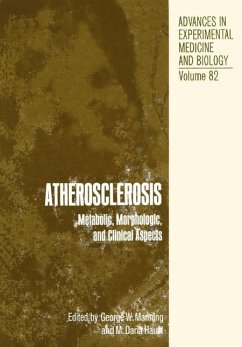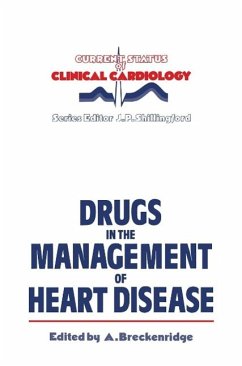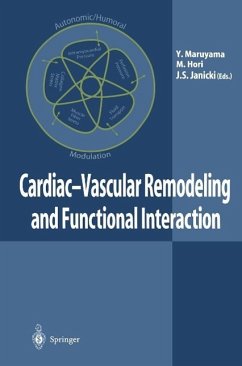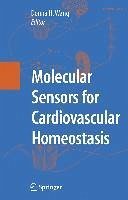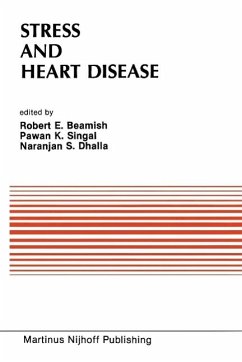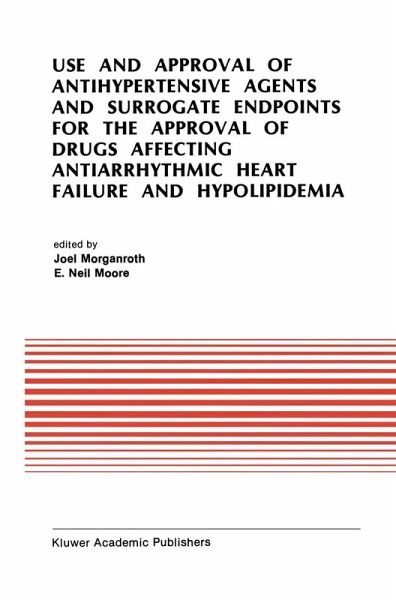
Use and Approval of Antihypertensive Agents and Surrogate Endpoints for the Approval of Drugs Affecting Antiarrhythmic Heart Failure and Hypolipidemia (eBook, PDF)
Proceedings of the Tenth Annual Symposium on New Drugs & Devices, October 31 - November 1, 1989
Redaktion: Morganroth, J.; Moore, E. Neil
Versandkostenfrei!
Sofort per Download lieferbar
112,95 €
inkl. MwSt.
Weitere Ausgaben:

PAYBACK Punkte
56 °P sammeln!
The Symposium on New Drugs provides for an annual forum for academic investigators, research and development personnel from the pharmaceutical and related health care industries, and members of the Food and Drug Administration to discuss important clinical research issues. The Tenth Annual Symposium on New Drugs addressed the problem of whether it was still appropriate to approve antihypertensive agents soley on the endpoint of lowering cuff blood pressure. The initial discussions at this symposium related to the approaches and methods to studying antihypertensive agents. Dr. William Frishman ...
The Symposium on New Drugs provides for an annual forum for academic investigators, research and development personnel from the pharmaceutical and related health care industries, and members of the Food and Drug Administration to discuss important clinical research issues. The Tenth Annual Symposium on New Drugs addressed the problem of whether it was still appropriate to approve antihypertensive agents soley on the endpoint of lowering cuff blood pressure. The initial discussions at this symposium related to the approaches and methods to studying antihypertensive agents. Dr. William Frishman provided a detailed list of the new approaches to the treatment of hypertension and pointed out the many new concepts that are currently active in the development of many new antihypertensive agents. Dr. William White detailed the growing importance of ambulatory blood pressure monitoring to define hypertension and to determine the change in blood pressure due to pharmacologically active agents. Dr. Jay Cohn pointed out the flaws in using cuff blood pressure and detailed the potential virtues of using vascular compliance to identify patients requiring treatment for hypertension. Dr. Thomas Pickering also discussed the potential value of evaluating changes in left ventricular hypertrophy a finding which identifies high risk patients who need to be included in clinical trials. Dr. Michael Weber detailed the issues and suggested refinements in the approaches to clinical trial designs for antihypertensive agents and Dr. Raymond Lipicky discussed the definition of dose-duration and the role of non-Mem and Peak/Through measurements in defining an antihypertensive drug effect.
Dieser Download kann aus rechtlichen Gründen nur mit Rechnungsadresse in A, B, BG, CY, CZ, D, DK, EW, E, FIN, F, GR, HR, H, IRL, I, LT, L, LR, M, NL, PL, P, R, S, SLO, SK ausgeliefert werden.




